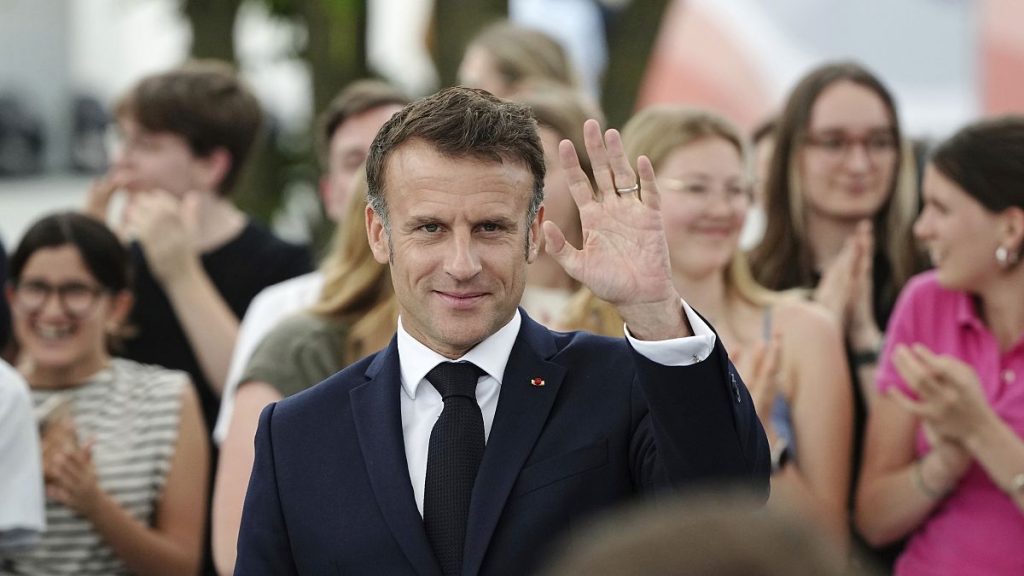The recent state visit of French President Emmanuel Macron to Germany marks the first time in 24 years that a French president has paid such a visit to Germany. Initially scheduled for last July, the visit was postponed due to riots in France following a police killing. During this three-day trip, Macron and his wife were hosted by Germany’s president, Frank-Walter Steinmeier, with a state banquet held in their honor at Bellevue Palace. The visit also coincides with Germany’s celebration of the 75th anniversary of its post-World War II constitution. Macron and Steinmeier will travel to Dresden, where Macron will deliver a speech, and then visit Muenster in western Germany before concluding the visit with a meeting between Macron, German Chancellor Olaf Scholz, and ministers from both countries at a government guest house outside Berlin.
Germany and France, as the EU’s largest economies, have long been considered the driving force of European integration, despite occasional policy differences between the two nations. Earlier this year, disagreements between the two countries arose regarding whether Western countries should rule out sending troops to Ukraine. Macron did not rule out the possibility of putting boots on the ground in Ukraine, a stance that Scholz quickly distanced himself from. However, both countries remain strong supporters of Kyiv, demonstrating their shared commitment to supporting Ukraine despite their diverging policy positions on potential military involvement.
The significance of Macron’s state visit to Germany lies in the emphasis it places on the strong ties between the European Union’s leading powers. While Macron has visited Germany in the past to coordinate EU and foreign policy matters, this visit marks the first time he has been welcomed with full ceremonial honors since Jacques Chirac’s visit in 2000. The visit is a symbolic representation of the close relationship between France and Germany, which is crucial for driving European integration forward. The state visit serves to highlight the ongoing partnership and collaboration between the two nations in areas such as EU policy, foreign affairs, and economic cooperation.
The state visit also comes at a time when both Germany and France are facing significant challenges, both domestically and internationally. Germany is navigating a leadership transition with Olaf Scholz taking over as chancellor, while France is dealing with ongoing social and political unrest. The visit provides an opportunity for both countries to reaffirm their commitment to working together on key issues such as climate change, digital transformation, and security. By coming together to address common challenges and discuss shared priorities, Germany and France can strengthen their partnership and continue to play a leading role in shaping the future of Europe.
As the visit progresses, Macron and Steinmeier are expected to discuss a wide range of issues, including EU reform, defense cooperation, and economic recovery post-pandemic. Both leaders are likely to reaffirm their commitment to advancing European integration, fostering closer cooperation between EU member states, and addressing shared challenges facing the continent. The visit serves as a reminder of the importance of the Franco-German partnership in driving European unity and progress. By working together, Germany and France can continue to set the agenda for the EU and play a decisive role in shaping the future of the continent.
In conclusion, Macron’s state visit to Germany underscores the enduring strength of the relationship between France and Germany and their shared commitment to European integration. The visit highlights the importance of continued partnership and cooperation between the two nations in addressing common challenges and advancing shared priorities. By coming together to discuss key issues and reaffirm their commitment to working together, Germany and France can strengthen their leadership role within the EU and contribute to shaping a more united and prosperous future for Europe.


